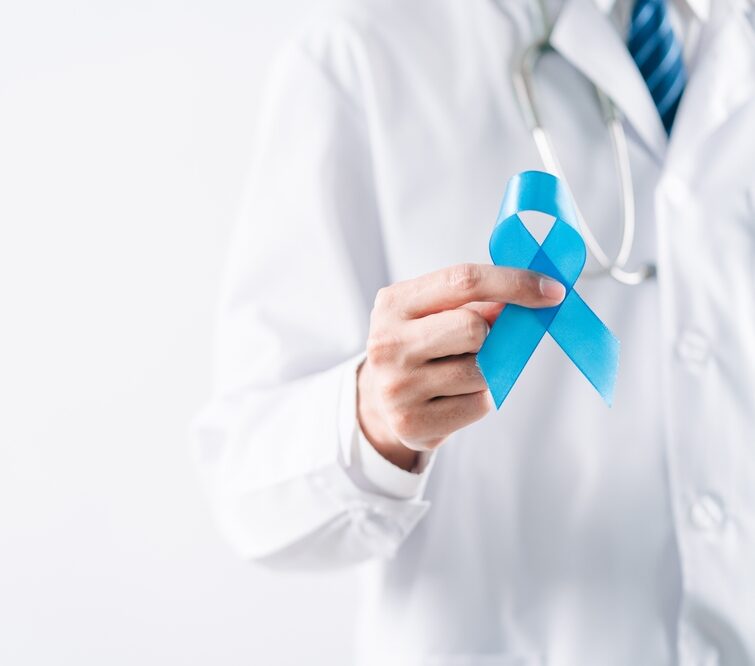
Colon Cancer Awareness Month highlights the importance of getting the appropriate colon cancer testing to try to detect the presence of this disease in its earliest stages when it’s easier to treat. A colonoscopy is the standard colon cancer screening test that’s recommended for people who are 45 years and older with average colon cancer risks.
The Importance of Colon Cancer Screenings
Colon cancer affects roughly 1 in 23 men and 1 in 24 women in their lifetime, and the disease is often treatable with high success rates if it’s discovered early. Like many other cancers, colon cancer often doesn’t show symptoms until its later stages, and treatment is sometimes more difficult and less effective if the disease has progressed. By getting a colonoscopy once every 10 years on average, the colon can be properly monitored for colon cancer.
Preparing for a Colonoscopy
One of the most important steps of a colonoscopy is the preparation. If you haven’t followed the preparation instructions correctly, the doctor may not be able to proceed with your colonoscopy, which means that you’ll likely need to reschedule your test.
You will be instructed to drink water and take the prescribed tablets 24 hours before your colonoscopy. You’ll also need to refrain from eating or drinking anything within a certain period before your screening– your doctor will give you the exact timeline and restrictions during your initial consultation.
What to Expect During Your Colonoscopy
When you go in for your colonoscopy, you’ll be given general anesthesia to put you to sleep and minimize discomfort throughout the screening. You’ll likely feel as though you’ve woken up from a restful nap after your colonoscopy without any pain or discomfort. Once you’re asleep, the doctor will insert a thin and flexible tube known as a colonoscope through your rectum and into your colon.
The colonoscope has a camera on its end that can be used by the doctor to see if there are any polyps or other possible cancerous growths inside the colon. If any polyps or suspicious growths are detected, they can usually be removed easily during the colonoscopy and sent to a lab to see if they are cancerous. Based on the results, the doctor will either tell you to schedule another colonoscopy in approximately 10 years or recommend other testing or treatments if the cancer is suspected or confirmed.
Schedule Your Colonoscopy
Arizona Colorectal Experts regularly performs colonoscopies for people who need colon cancer screenings in Chandler, AZ. If you’d like to schedule a colonoscopy or request a consultation with Dr. Patel or Dr. Hakiman, please contact Arizona Colorectal Experts today.


